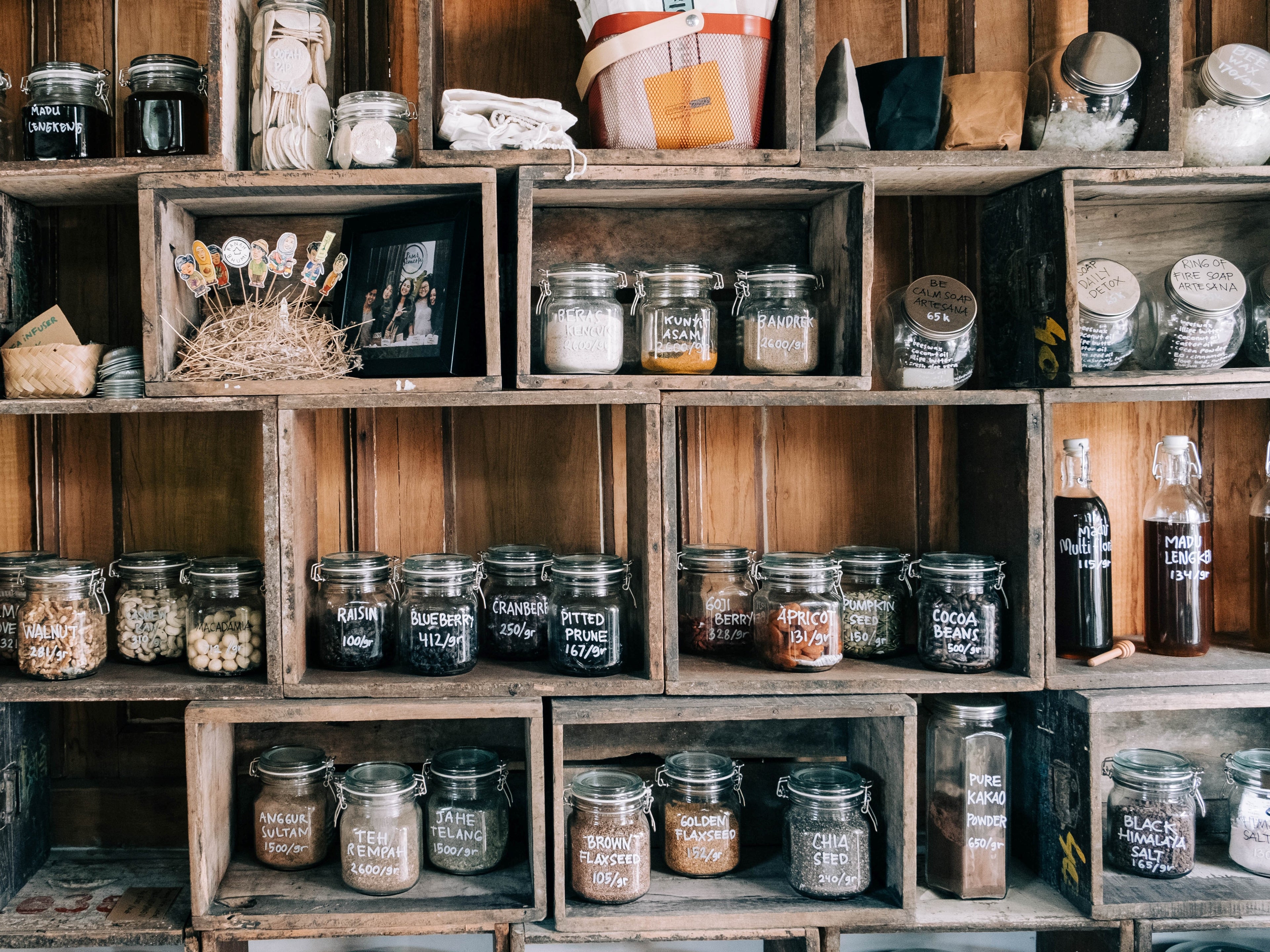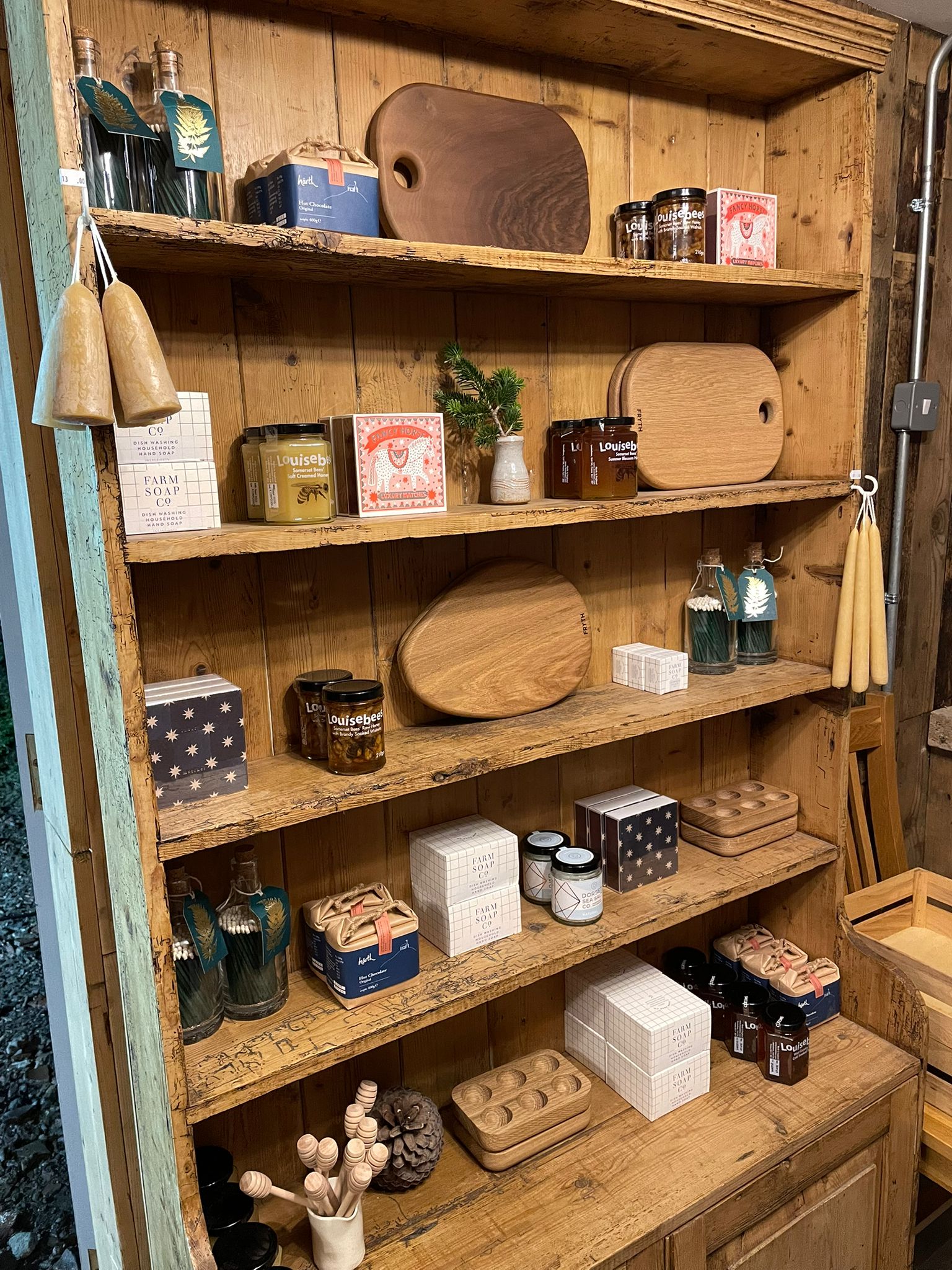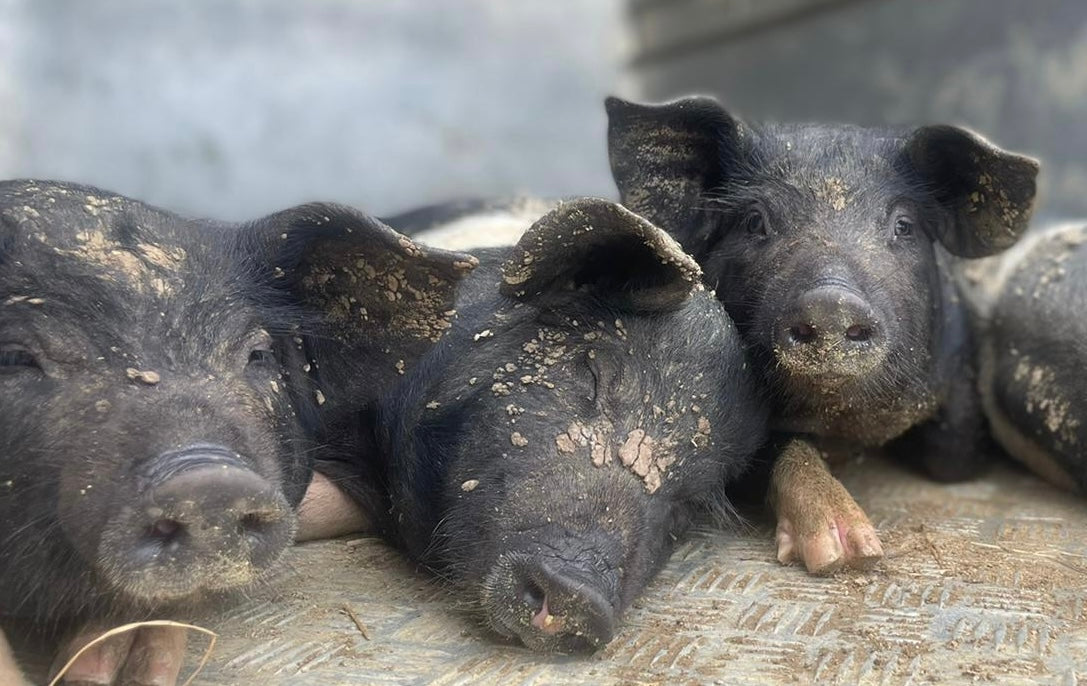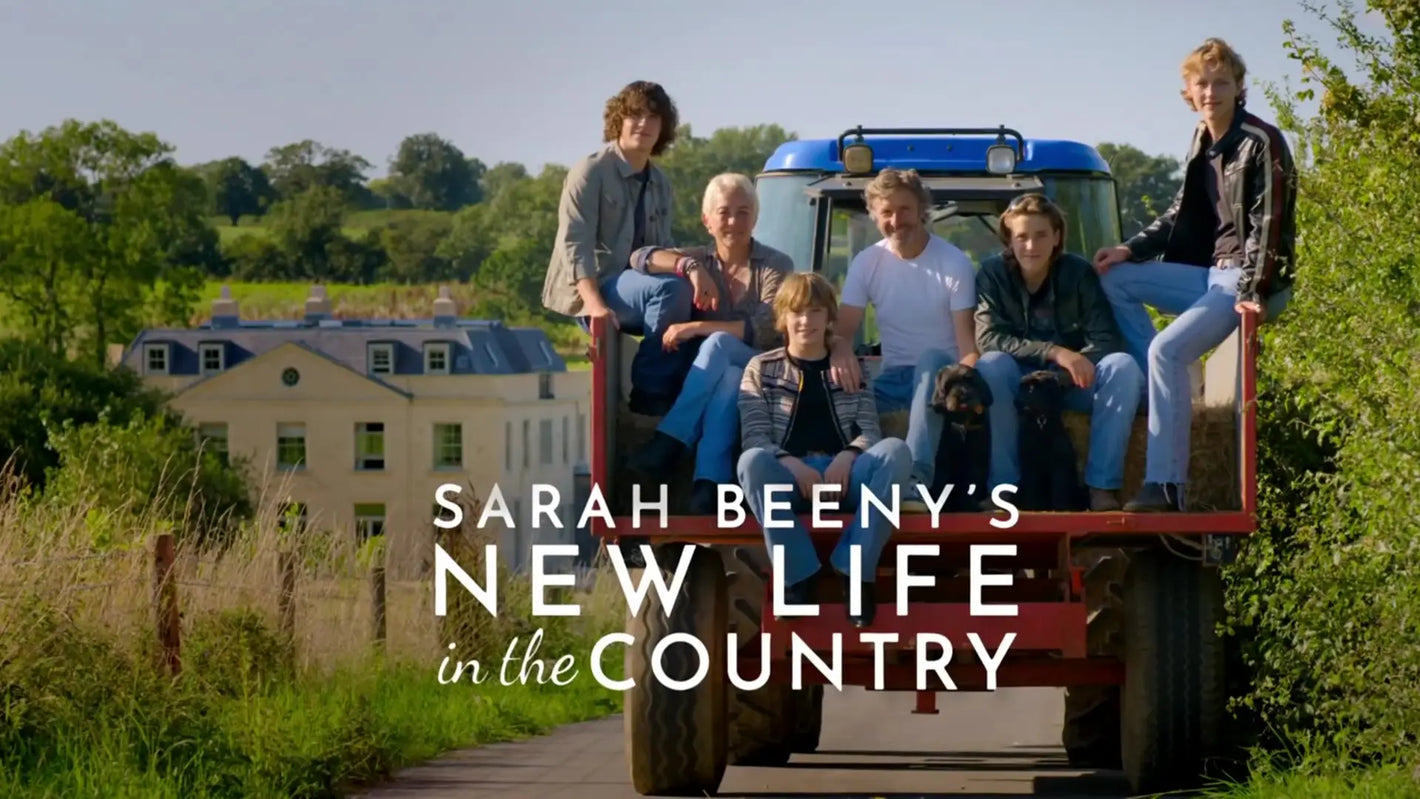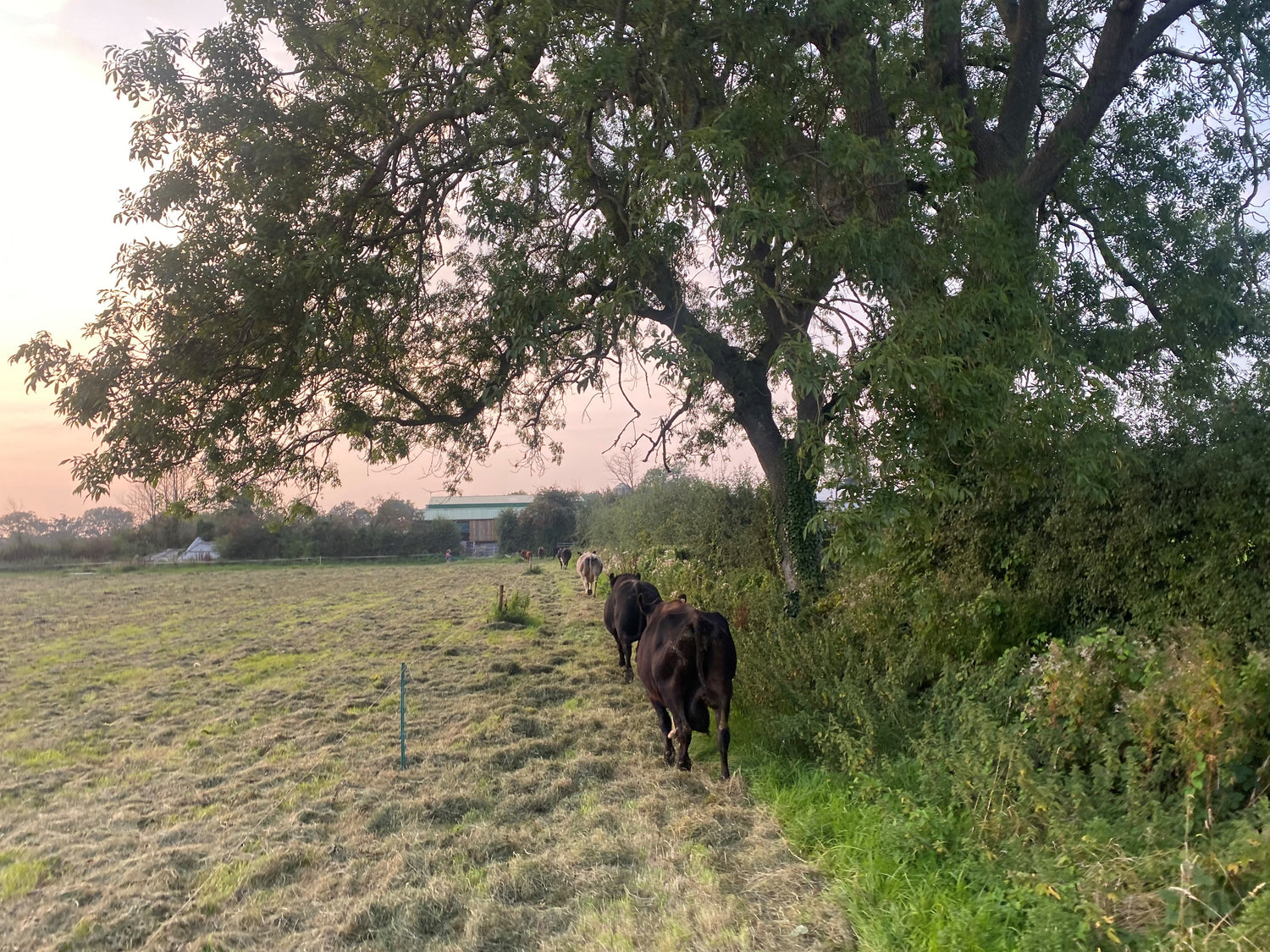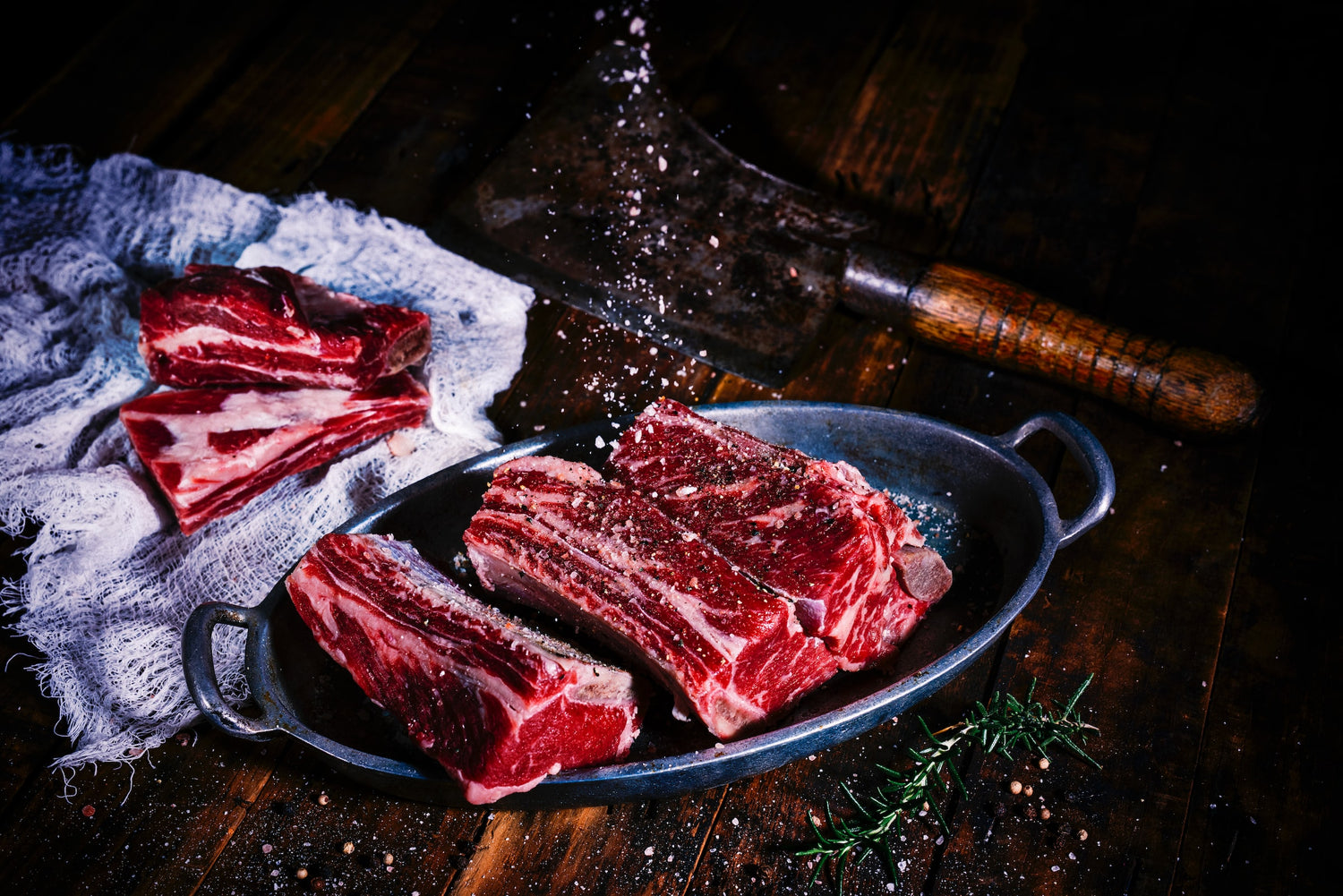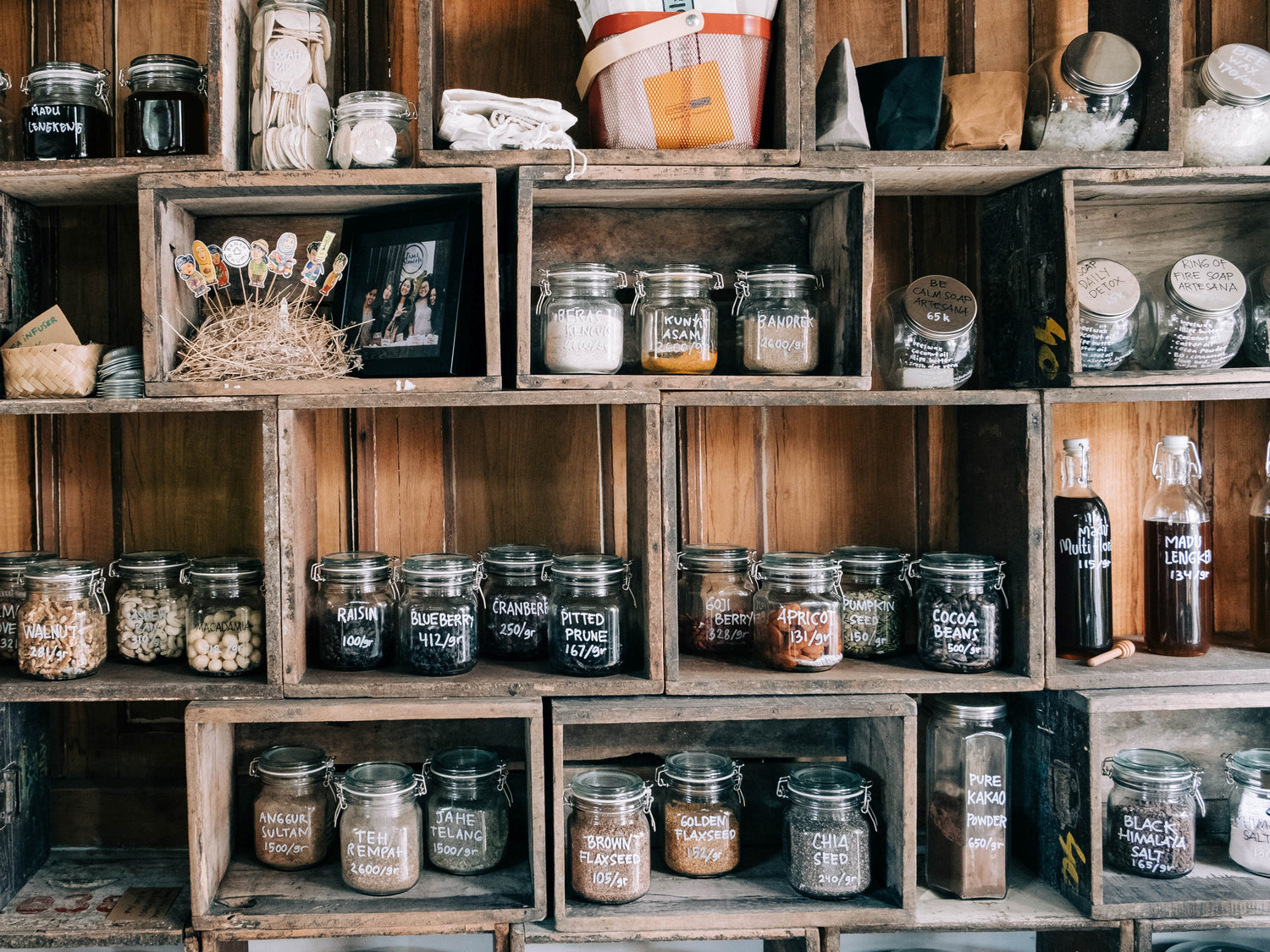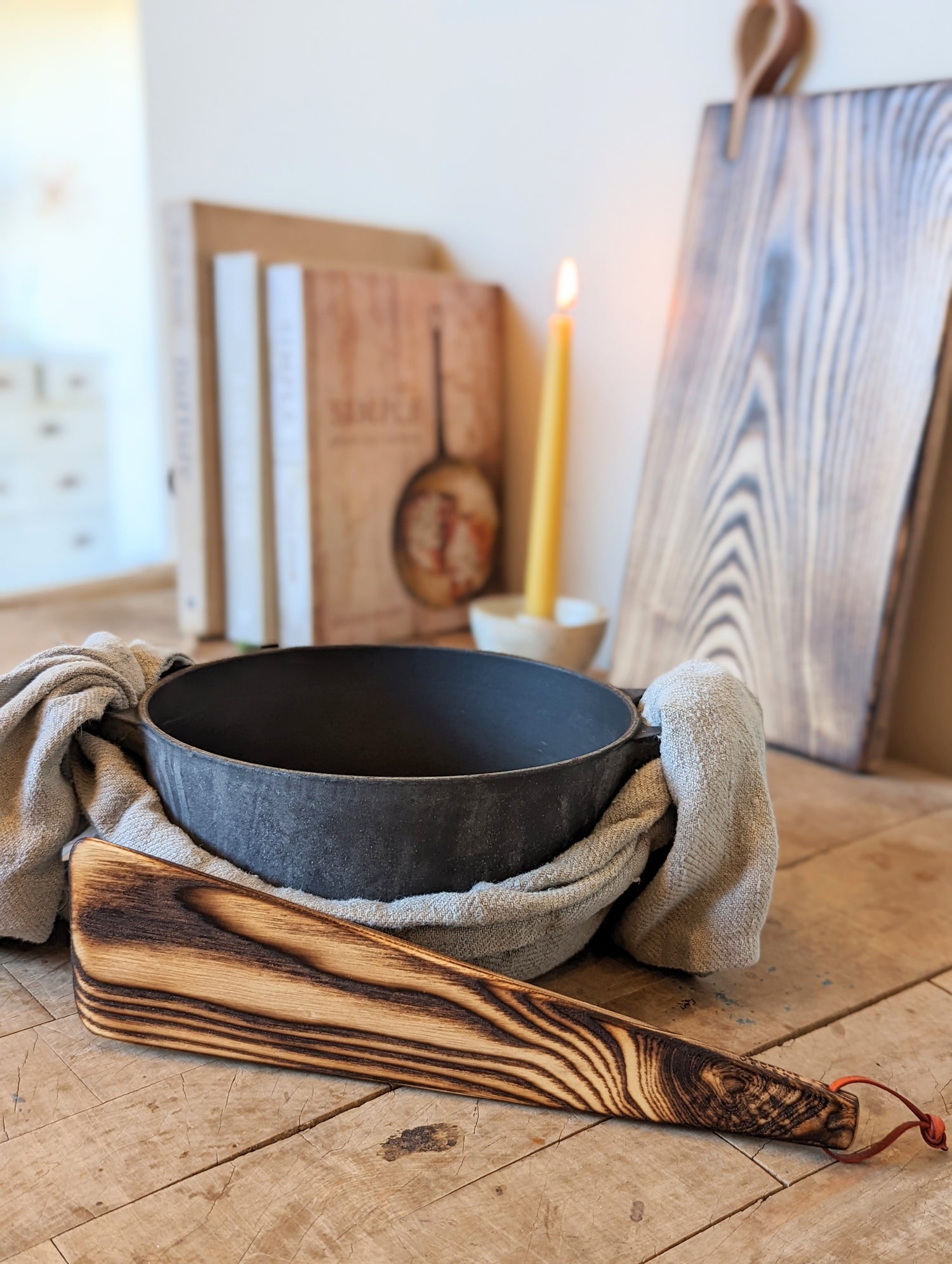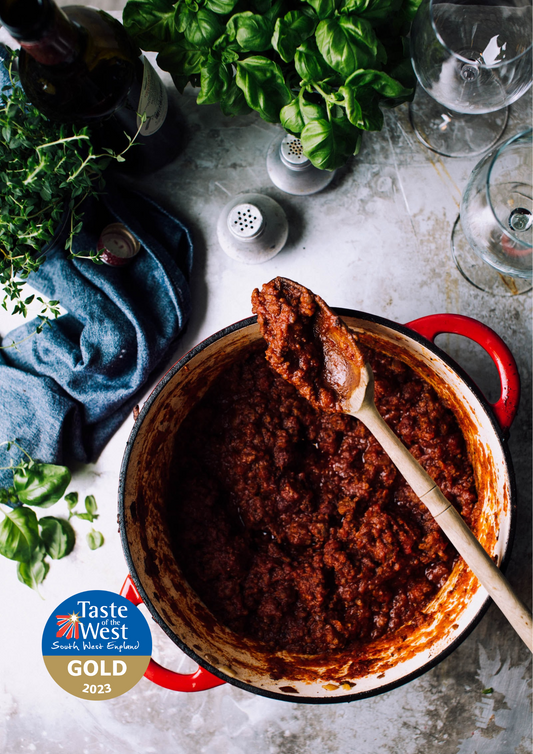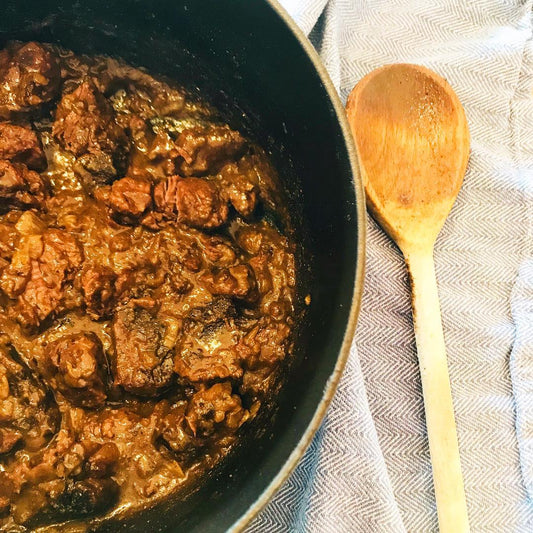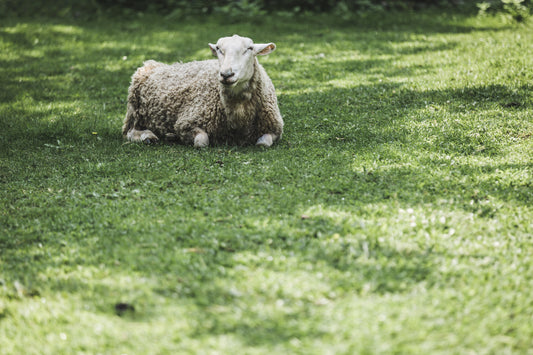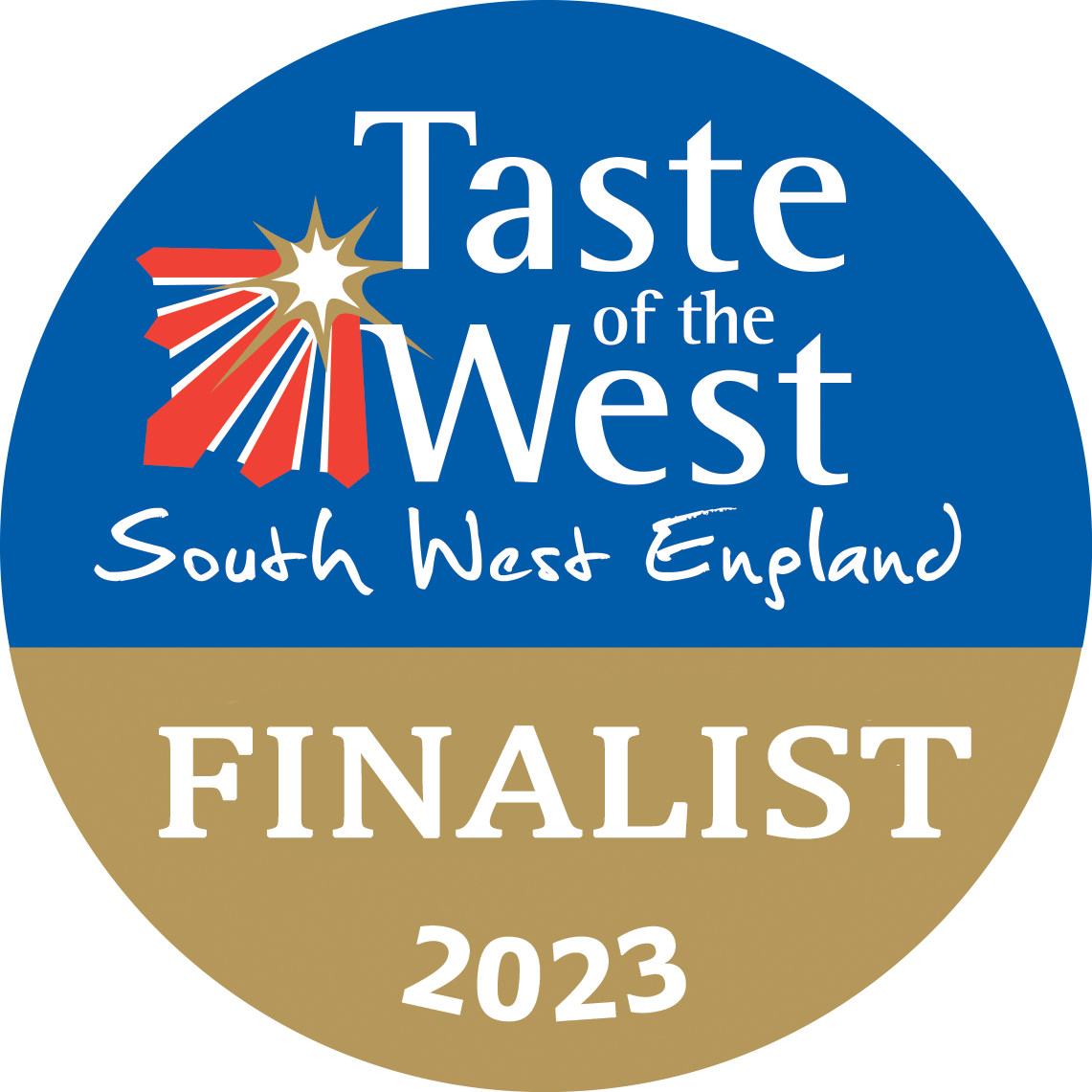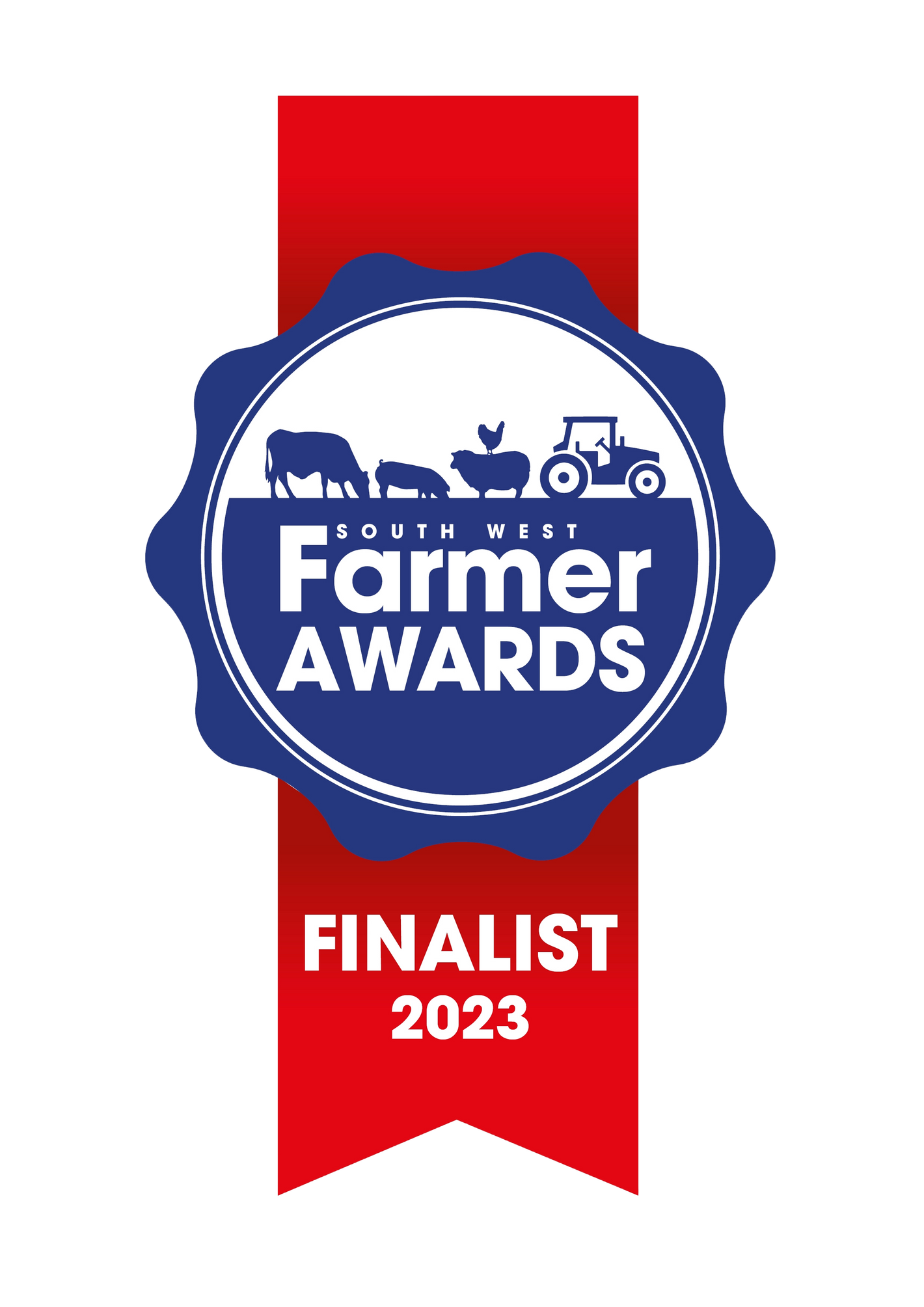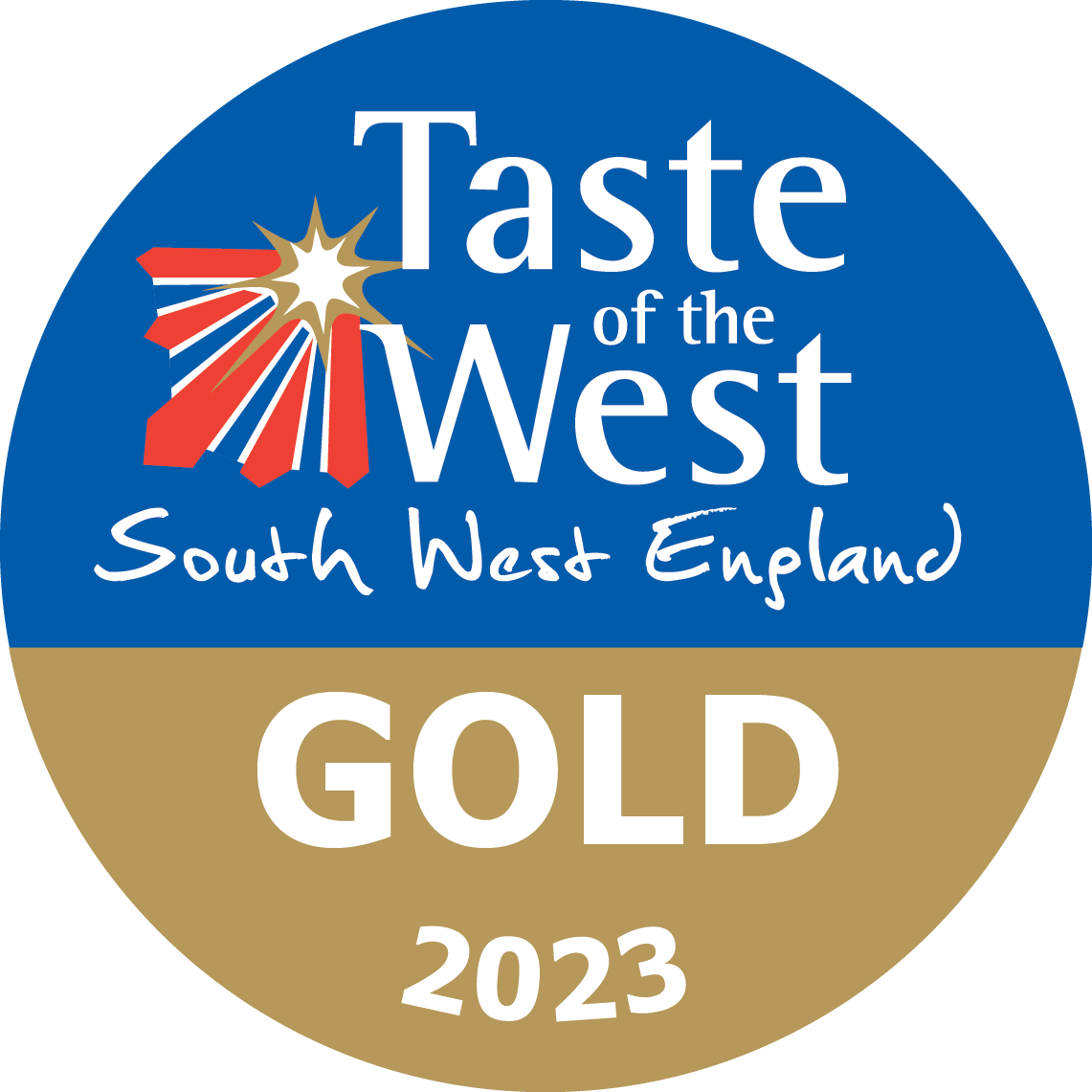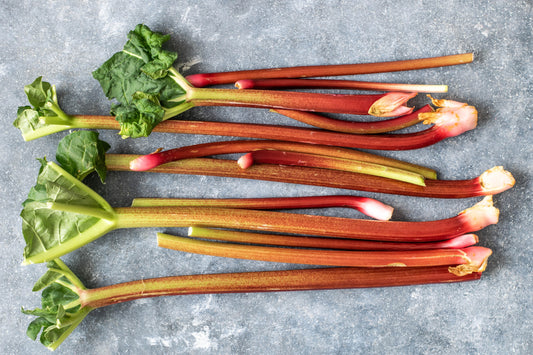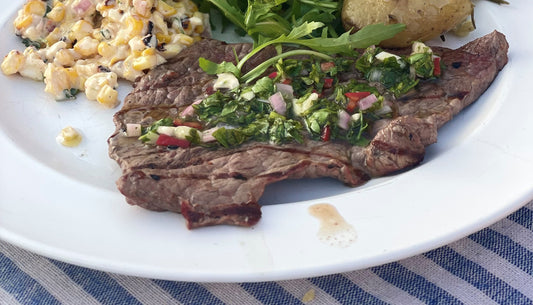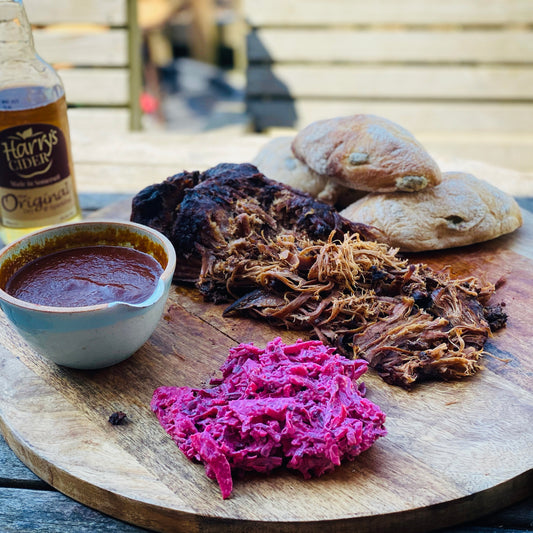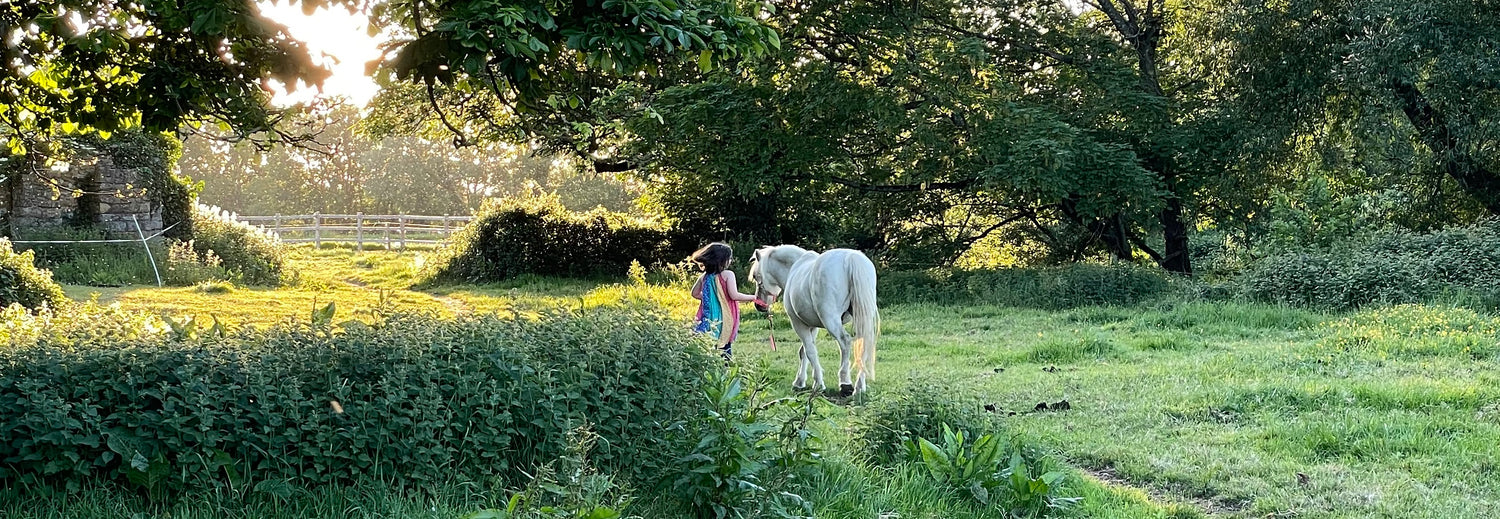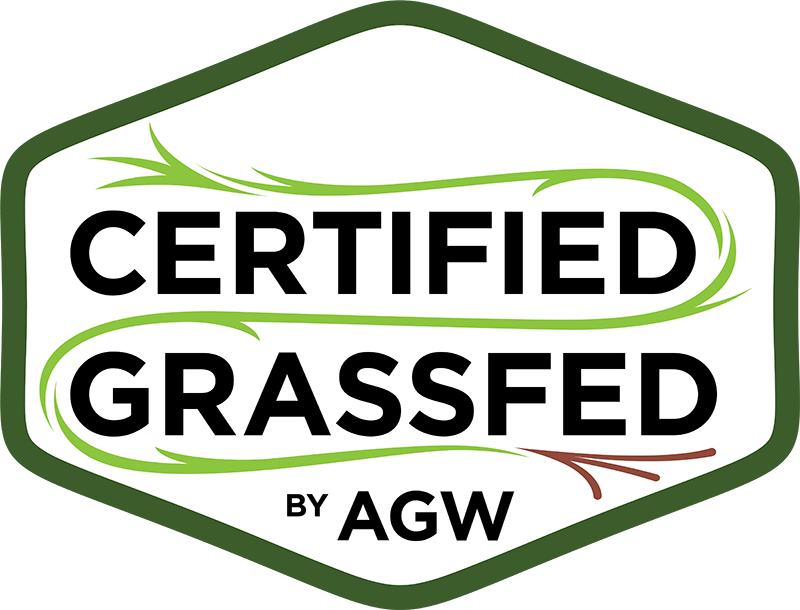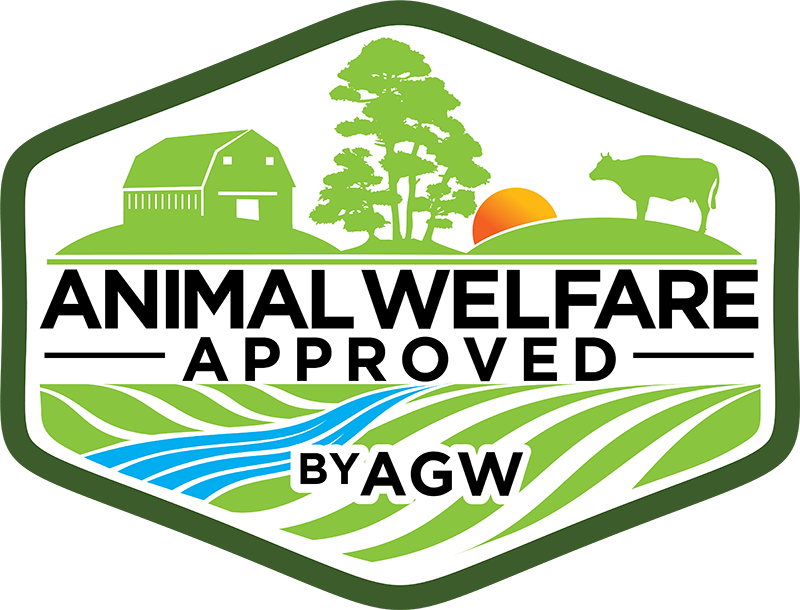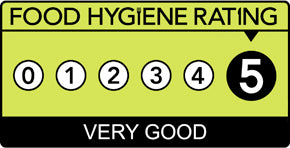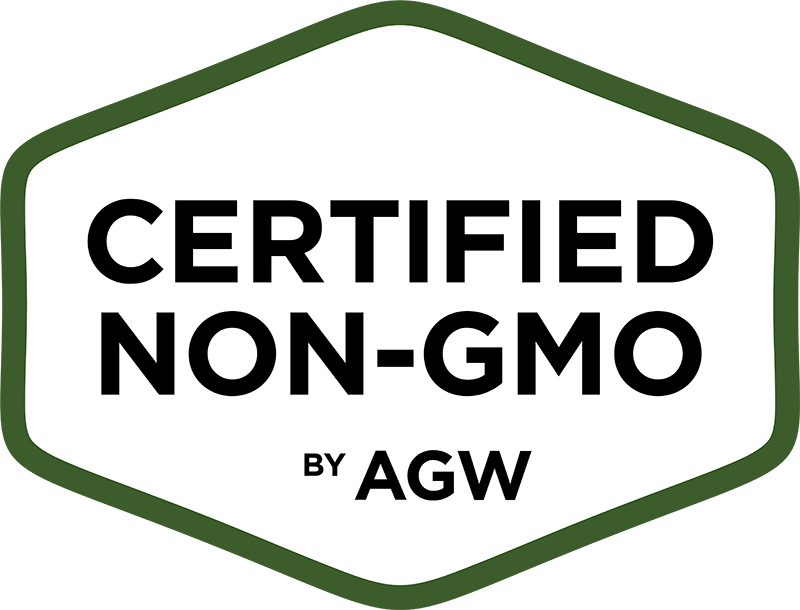Slow Meat. Better Meat.
The concept of Slow Farming and slow food are, at their core, the antithesis of the ultra-processed fast food we as a nation – and world - have become increasingly accustomed to.
Every penny that you spend with us supports small-scale, sustainable, and regenerative meat and egg production on our nature-friendly family farm, alongside British makers and heritage craftspeople.
Because small changes add up to a big impact - scroll down to see "How We Farm Differently".

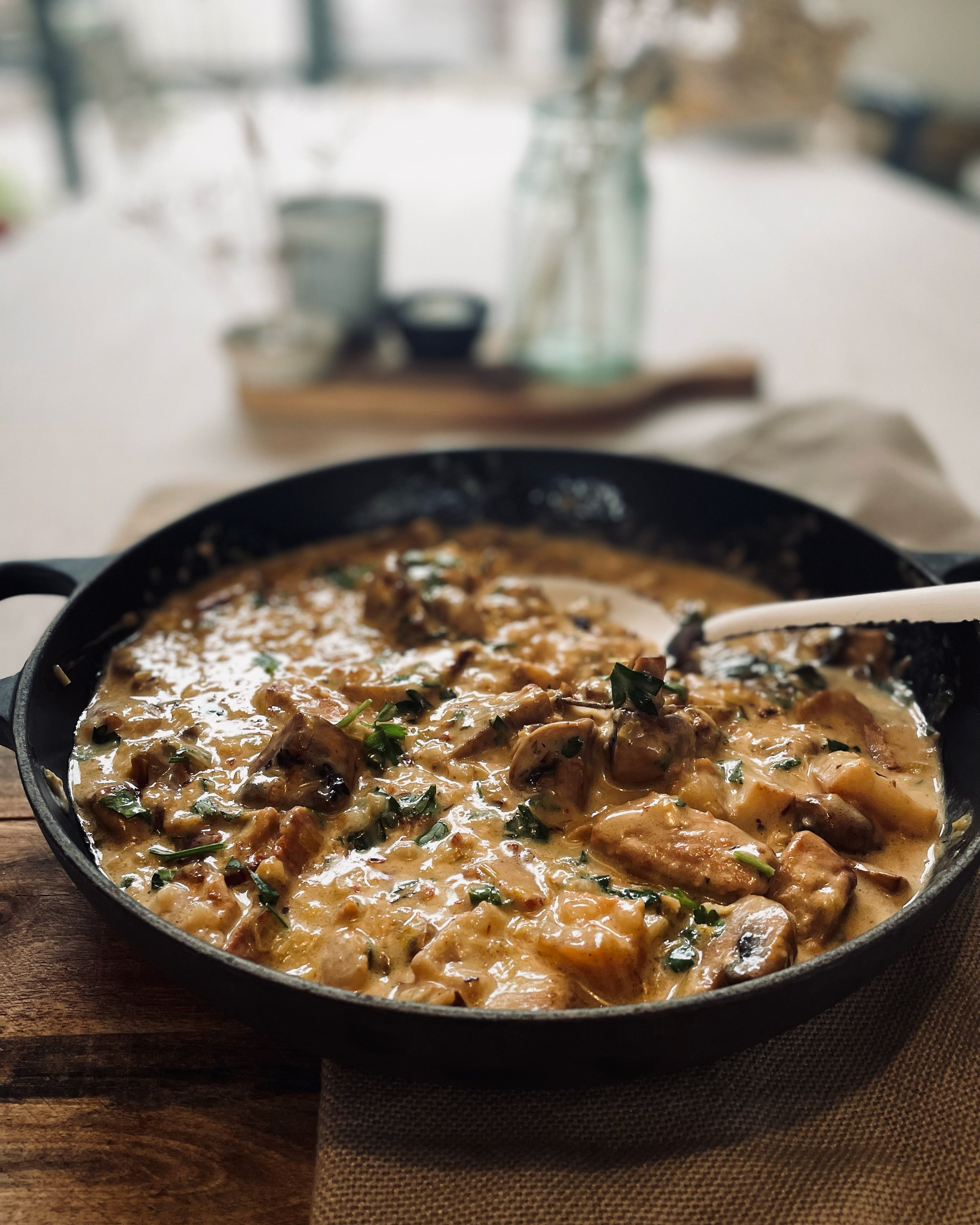
Our Collections
What's Good Right Now
Regenerative Agriculture - beyond sustainable farming
How We Farm Differently
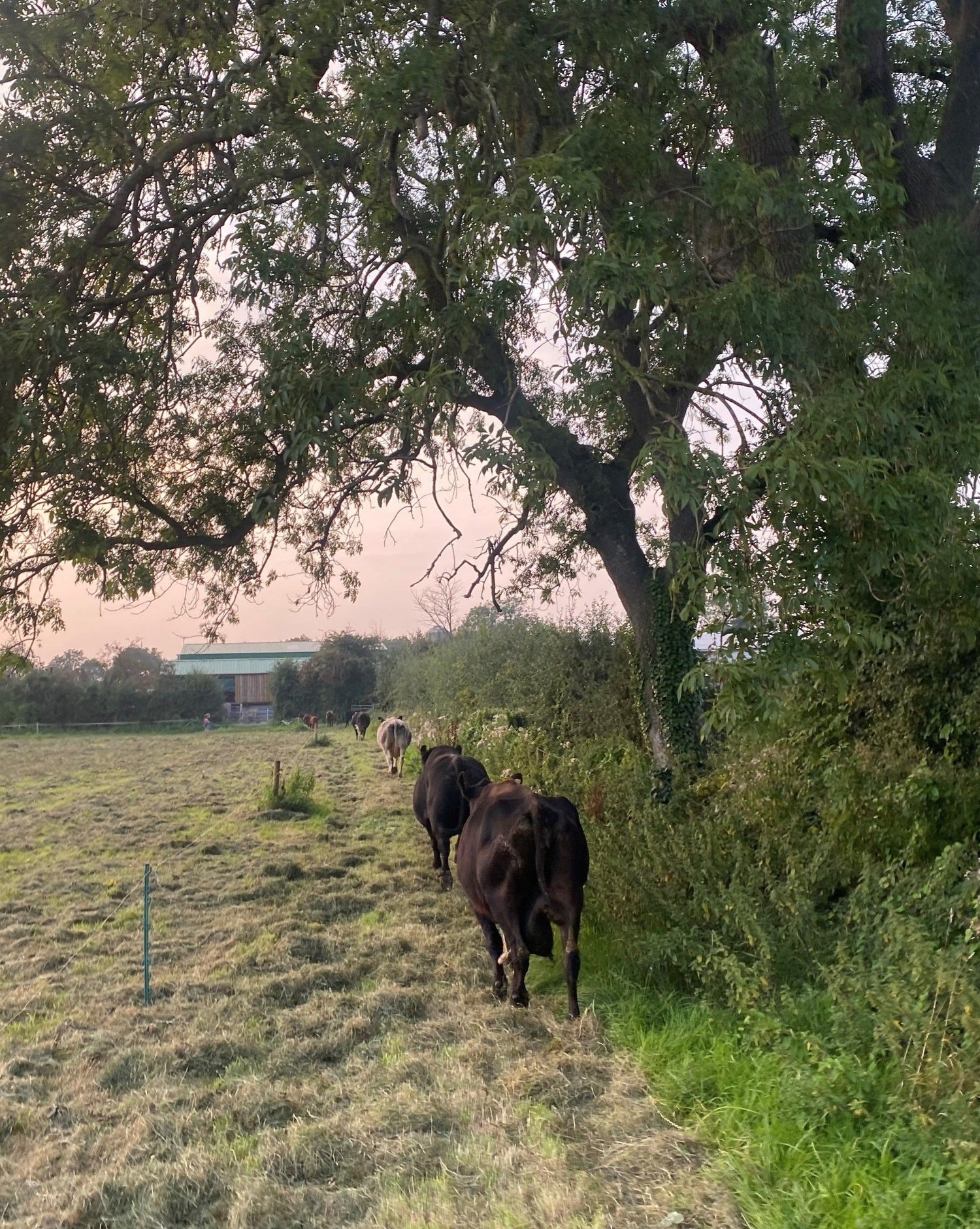
Climate Change
No Ploughing + Mob Grazing = Increased Topsoil + Natural Carbon Capture + Carbon Negative Farm
By not ploughing our soil (which would release CO2 into the atmosphere) and by mob grazing our cattle (moving cattle to fresh sections of pasture each day to mimic their natural grazing habits, not over-grazing the same area, and allowing the soil to recover quicker), we allow roots and organic matter from plants and animal droppings to stay in the soil and build up year on year forming a natural store of carbon and improving our topsoil.
Using our numbers in the Farm Carbon Calculator, we are a carbon negative farm.
Further reading: Regenerative Agriculture can play a key role in combating climate change
Animal Welfare
Wide Variety of Plants + Increased Micronutrients + Fresh Air + Independent Certification = Healthier Animals + Higher Animal Welfare
Our animals feed on a wide variety of nutritious food and are reared slowly rather than being forced to grow quickly. Our cattle feed on a variety of grasses and herbal plants and we try to keep them outside in their natural environment for as much of the year as possible (we bring them in when necessary). All of this means our animals are generally healthier and require less vet intervention.
Our farm is also independently certified for Animal Welfare.
Further reading: Better Animal Welfare
Nutrition
Improved Topsoil + Deep Rooting Plants + Supporting Soil Fungi = Increased Micronutrients in Meat & Eggs
Increased and diverse organic matter in our topsoil (from the wide variety of plant matter), planting deep rooted plant varieties (which draw nutrients up from depth) and not destroying (through ploughing or use of fungicides) the fragile network of fungi which transports micronutrients between plant roots, we allow more micronutrients to make their way to our plants, then our animals and ultimately onto your plate.
Meat from regenerative farms has been shown to contain more omega-3 fatty acids (among other micronutrients) than meat from conventional farms.
Further reading: Are regeneratively raised foods healthier?
Wildlife & Biodiversity
Wide Variety of Plants + No Synthetic Pesticides, Insecticides, Fungicides, or Fertilisers = Improved Wildlife Habitats + Increased Biodiversity
By planting a wide variety of plants on our farm and by not using synthetic pesticides, insecticides, fungicides, or fertilisers, we are improving wildlife habitats and increasing biodiversity. Since we started farming regeneratively, we have seen various species return to the farm including hares, goldfinches, meadow brown butterflies, and bumblebees.
Further reading: How regenerative agriculture can recover bee populations
Flood & Drought Resilience
Wide Variety of Plants + No Ploughing + Mob Grazing = Improved Soil Structure + Improved Flood & Drought Resilience
Growing a wide variety of plants with deep and shallow roots, not ploughing the soil, and moving cattle regularly through mob grazing, all allow the structure of the soil to be improved such that it becomes sponge-like with more air gaps. This increases the capacity for the soil to soak up and retain water in times of heavy downpours, reducing the risk of flooding and run-off, and provides plants with a greater reserve of water in times of drought.
Further reading: Flood and Drought Management

